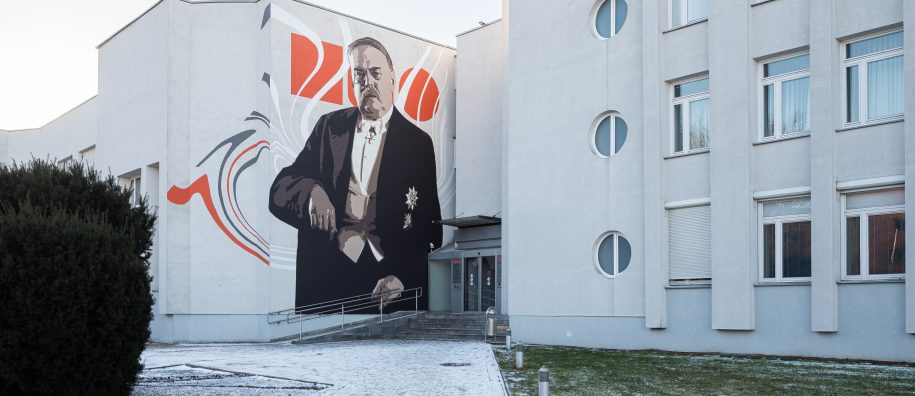
The international ranking agency QS World University Rankings: Sustainability 2026 has released its latest higher education sustainability results, and this year’s trends are significant not only globally, but also for Lithuania. As competition intensifies — with the number of evaluated universities rising to 2002 (compared to 1744 last year) — Mykolas Romeris University (MRU) has further strengthened its position and solidified its place among Lithuania’s leading universities in environmental responsibility, social impact, and good governance.
MRU’s results highlight positive momentum within an increasingly competitive European context: the university advanced from 300th to 280th place, despite the number of ranked European institutions growing to 621 (up from 556). This means that MRU is not only keeping pace — it is outpacing the field, progressing faster than the overall higher education landscape across the continent.
The most notable breakthrough appears in the Environmental Research area. The indicator’s jump from 69.7 to 77.8 points signals the growing visibility of MRU’s scientific research and its contribution to global sustainability topics. The university continues to strengthen its position as a knowledge hub shaping practical solutions for environmental policy and decision-making.
Equally important is the steady rise in the Governance category — from 80.3 to 87.3 points. This growth demonstrates MRU’s ability to foster a reliable, transparent, and inclusive governance culture, which is becoming increasingly crucial in international evaluation systems. In an academic environment where expectations for responsible governance are rapidly evolving, this result gives the university additional competitive advantage.
Another key trend is the strong improvement in the Social Impact category, with the overall score rising from 53.0 to 61.7 points. Indicators such as Equality, Knowledge Exchange, and Education Impact all strengthened. In the fields of Equality and Health and Wellbeing, MRU records the highest results in Lithuania. This shows that the university successfully creates an environment that prioritizes not only academic quality but also the well-being of its people and social sensitivity.
In the Environmental Impact category, MRU’s overall score increased from 44.3 to 54.6 within a year. This improvement stands out as progress was achieved across all three sub-areas — from sustainability governance to environmental education. In a global context where universities are evaluated not only for research productivity but also for their contribution to society and the planet’s future, this gives MRU a clear point of distinction.
Overall trends show that MRU is progressing faster than many similar-profile universities in the region. Despite the growing number of evaluated institutions, MRU manages not only to maintain its positions but to climb higher — demonstrating the university’s strengthening competencies in sustainability, inclusion, good governance, and social responsibility.
The university plans to further reinforce its sustainability directions, expand research potential, and strengthen international cooperation networks, which will support this positive trajectory in next year’s rankings as well.